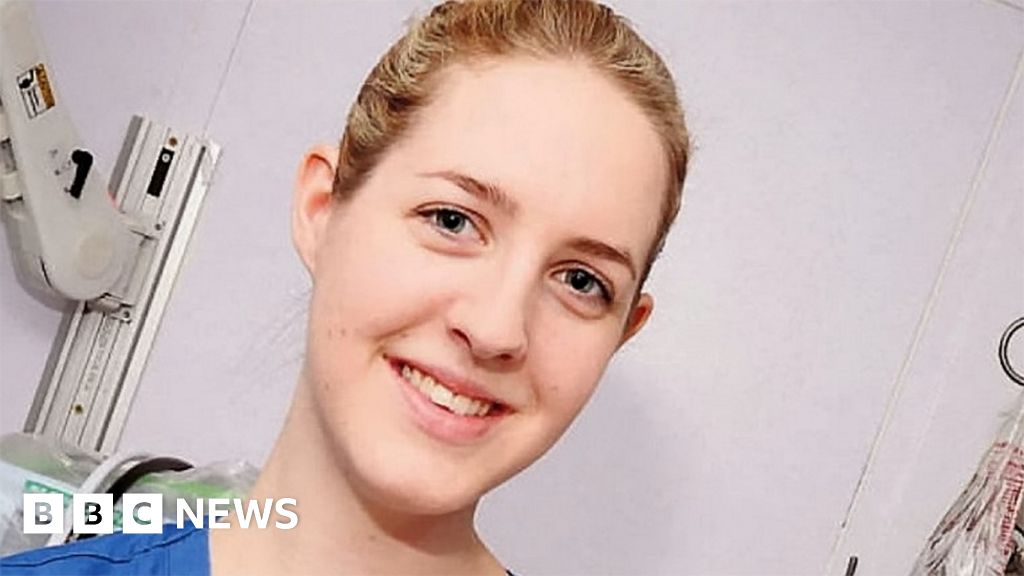- Joined
- Oct 24, 2022
- Messages
- 3,175
- Reaction score
- 9,920
I might be misinterpreting what this means?
“Dr Evans replied: “Yes, because you would not necessarily get an instant collapse. It could have occurred over several minutes.”

 www.independent.co.uk
www.independent.co.uk
the reason he states it’s over several or three minutes is bec any slower rate wouldn’t cause the seemingly immediate Collapse or even any problems at all but would be filtered out by the lungs
im assuming if it did trickle in over three minutes there would be at least a slight amount of discomfort to which the baby would cry or alarms sound thus notifying the dn there was a problem as she is only a few metres away, well positioned to notice ll tending the baby and definitely within earshot of the baby making any noise.
“Dr Evans replied: “Yes, because you would not necessarily get an instant collapse. It could have occurred over several minutes.”

Baby boy collapsed because of ‘slow injection of air’, Lucy Letby’s trial hears
Letby, 33, is accused of trying to murder Child M on the afternoon of April 9 2016.
the reason he states it’s over several or three minutes is bec any slower rate wouldn’t cause the seemingly immediate Collapse or even any problems at all but would be filtered out by the lungs
im assuming if it did trickle in over three minutes there would be at least a slight amount of discomfort to which the baby would cry or alarms sound thus notifying the dn there was a problem as she is only a few metres away, well positioned to notice ll tending the baby and definitely within earshot of the baby making any noise.



